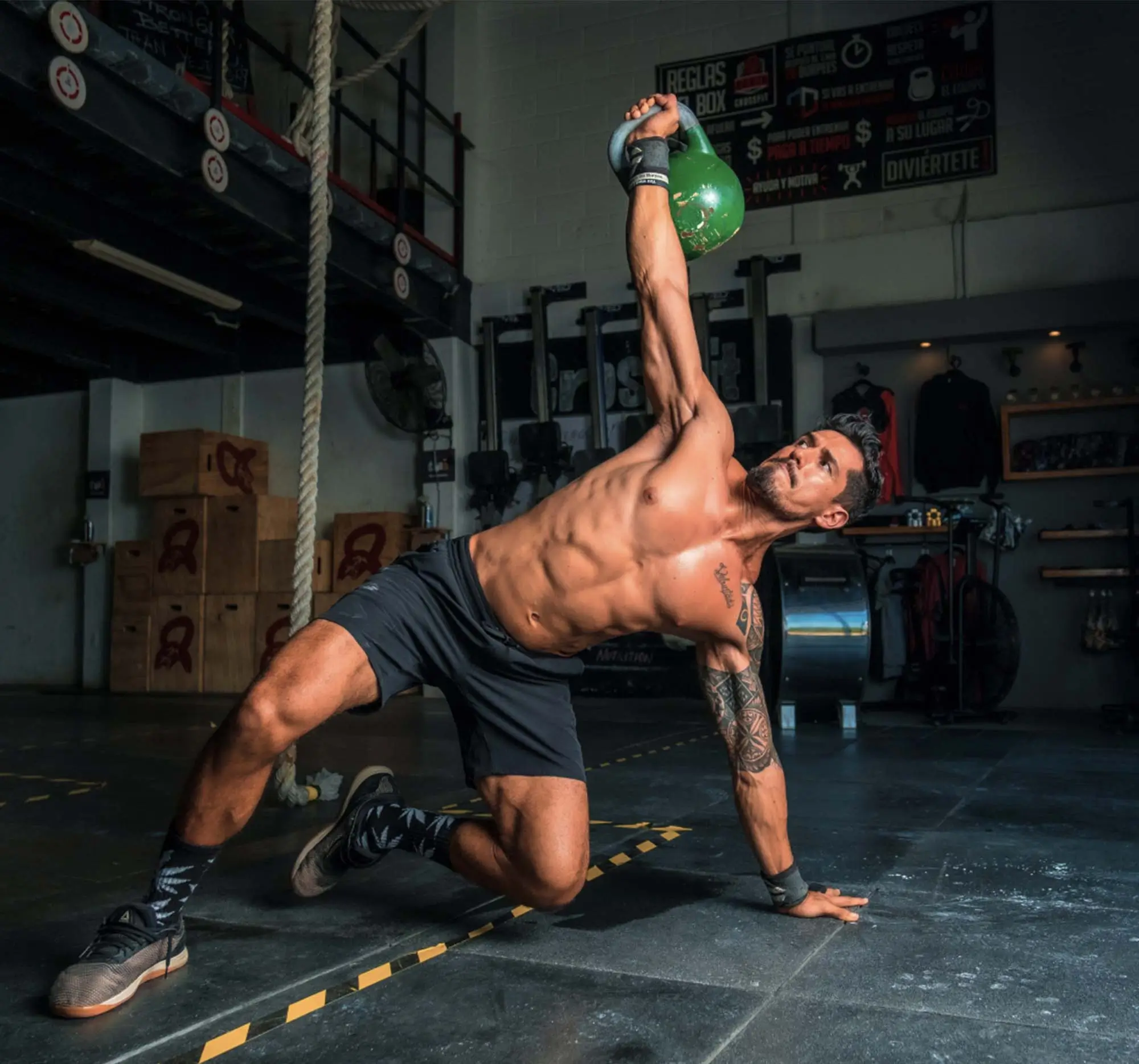Whether you’re upping your workouts to help with weight loss, you’re training to build muscle, or you’re exercising for the major mood boost – it’s important to ensure you’re eating enough of the right things to fuel the results you’re after. Nutrition is always personalised but there are a few general rules for working out what to eat to get the most out of your training. We’re covering the most critical nutrients, the timing of eating, and the importance of consistency, which are paramount for living and performing at your best. We’ll also share what to eat before a workout and what to eat after a workout – two of the most common questions we get as dietitians.
1. The Importance of Protein
Protein plays many critical roles in our body including the building and repairing of muscle, which is why adequate intake is particularly important when we’re working out. During intense sessions where we push our muscles to their limits, micro-tears to the muscle tissues occur. Our muscles recover by repairing those micro tears, making the muscles a little bigger and stronger as they’re exposed to this stimulus over time. There is also evidence to show the benefit of regularly consuming protein across the day for appetite control and weight management, as protein is the most satiating nutrient (fills you up the most).
How much protein should you eat per day?
The recommended daily intake of protein for the average individual is 0.75 per kilogram of body weight per day. However, individuals who workout often or elite athletes are recommended to consume 1.3-1.8g of protein per kilogram of body weight per day.
While the total amount of protein you eat is important, the body can only use small amounts of protein at any one time. This means that the timing and spread of protein consumption throughout the day is very important. Including protein-rich foods at each meal and snack is a good way to ensure you are spreading out your protein intake. Eating protein in the hour after exercise is essential in helping to promote muscle gains and minimise muscle breakdown.
Protein-rich foods:
- Lean meats (beef, lamb, veal)
- Poultry (chicken, turkey)
- Eggs
- Fish and seafood
- Dairy products (milk, cheese, yoghurt)
- Legumes (lentils and beans)
- Protein powders
2. Carbs Are Critical
Carbohydrates also play an important role in fueling exercise as they are the main source of energy for the brain, body and muscles. Carbohydrates are your primary fuel source during high-intensity exercise and it plays a key role in maintaining effort, perception of intensity and may also assist in the prevention of cramping.
How much carbohydrates should you eat per day?
On training days, aim to fill half of your plate with carbohydrates. On days when you are doing less or no exercise, your body requires fewer carbohydrates. When building your plate, aim to have 1/4 of your plate as carbohydrates.
Carbohydrate-rich foods:
- Whole grains (pasta, bread, rice, quinoa, oats, beans, cereals)
- Fruit (fresh, frozen or canned)
- Vegetables (potato, sweet potato, corn, carrots)
3. Stay Hydrated
Hydration is a critical component of successful nutrition. With the body ~60% water, it’s no surprise that having enough fluid on board is crucial in allowing the body to function optimally. Without adequate fluid, your performance can be detrimentally impacted.
How much water should you drink?
Aim for 2-3L (or 35-45mL per kilogram of body weight) on training and rest days.
How to ensure hydration
- Monitor your wee for immediate feedback throughout the day about how hydrated you are
- Start your day with a glass of water
- Keep a full drink bottle nearby and regularly sip throughout the day
- Make use of cold brew herbal teas or sparkling water for variation
- Adapt your hydration to support your increased needs around training and games
4. Ensure You’re Eating Enough
When you’re training heavily it is so important to eat enough to fuel the work you’re doing. Low energy availability = a mismatch between an athlete’s energy intake (diet) and energy used in exercise. Not only will this hamper your workout results but your overall health too. Relative Energy Deficiency in Sport (RED-S) is characterised by detrimental impairments to your menstrual cycle, bone health, immune system, protein synthesis, heart health and gastrointestinal function.
Symptoms of RED-S
?frequent illness?low energy?stress fractures?low or lower than normal sex drive?disruptions to your menstrual function (for women)
What To Eat Before A Workout
When eating before exercise, carbohydrates are the primary focus. Try to get little bit of protein and colour in as well, particularly if you have the snack or meal in the window of 1-2 hours before training.
The purpose of this pre-workout snack or meal is to prime the body to perform, top up your stores, ensure adequacy across the day, and keep you satisfied. The last thing you want to feel in a training session (or game) is hunger! You need more fuel on board for the longer and or more intense sessions. The general rule of thumb is a meal should be 3-4 hours before and a snack 1-2 hours. You might want or need a pre-training primer in the 30-60 minutes before, but that should just be carbohydrate focused, and something you know you can tolerate and digest easily like a banana.
Wondering if you have to eat before an early morning workout or can you do fasted training? Early birds might not feel like eating something before exercise and that’s ok. Especially if it’s a lower intensity workout like pilates, yoga or a walk. However, if you’re doing an intense workout for a longer duration, it’s recommended you eating something 1 to 2 hours before so you might have to set the alarm a little early!
What To Eat After A Workout
The formula for post-training recovery stays much the same, regardless of whether you train in the morning, the afternoon or the evening. It’s all about refuelling, replenishing and repairing muscle damage.⠀
Good quality carbohydrates and protein are essential, always with a splash of colour. While the carbohydrates refuel the muscle, and the protein repairs the muscle, the colours consumed in enough adequacy across the day support optimal recovery and reduce inflammation. Plus fluids to replenish hydration losses!⠀
The size and substance of the meal can change depending on the intensity and duration of the workout; here are options for post-workout breakfast, snacks and dinner.
Keen to learn how to harness the power of performance nutrition to get the most out of your sport or life? EAT LIKE THE ELITE is for you
Read more about the best nutrients and foods for reducing Delayed Onset Muscle Soreness (DOMS).






